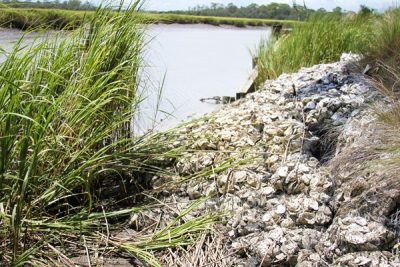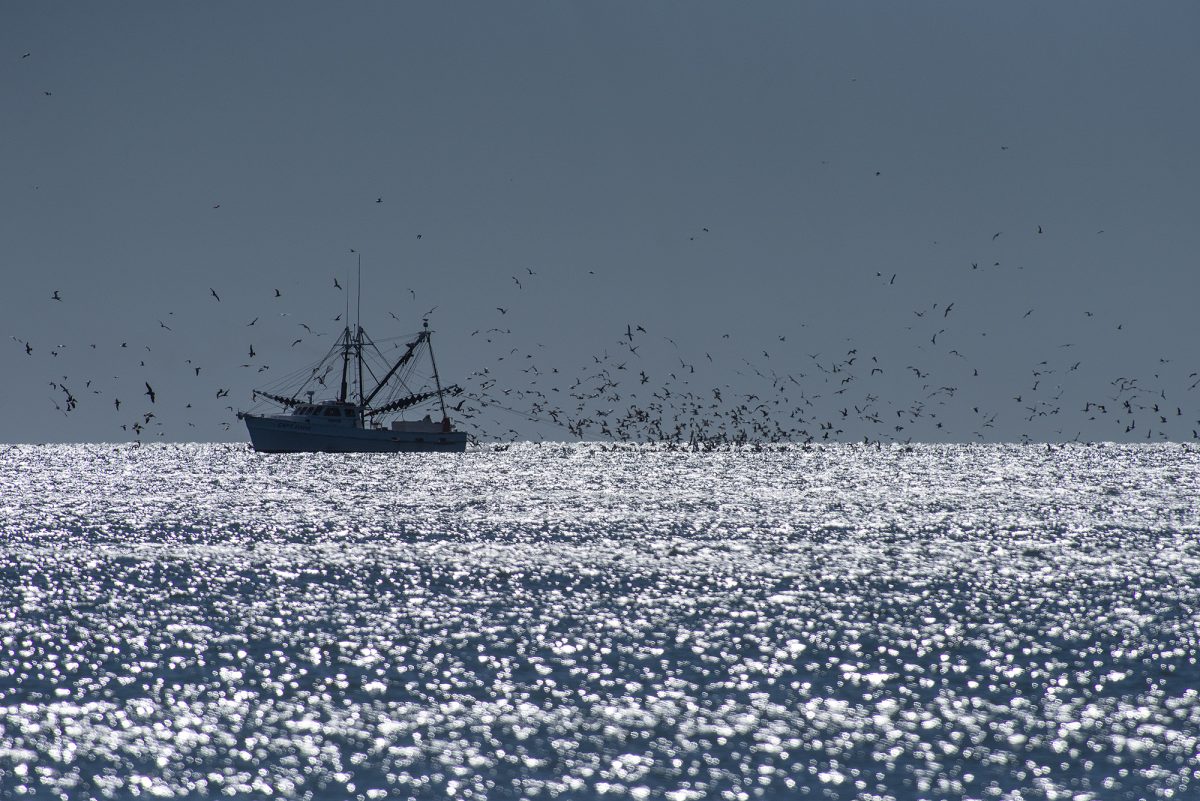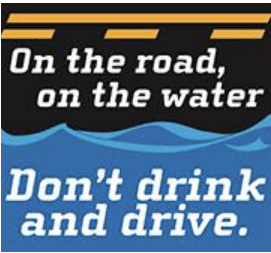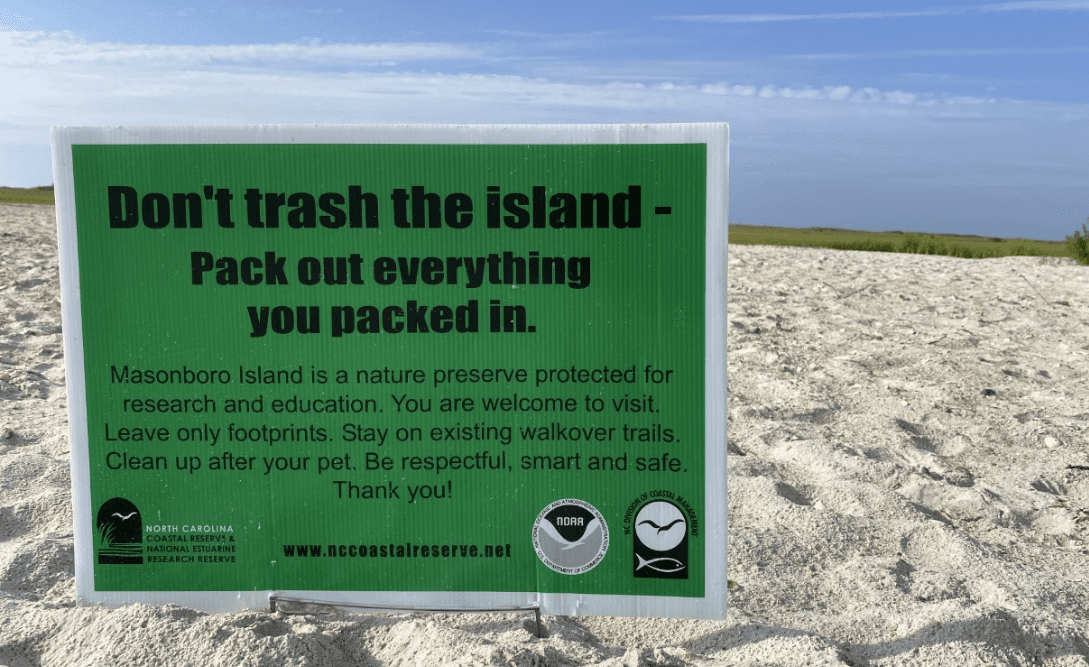
A collaborative effort to protect North Carolina shorelines is underway.
North Carolina Sea Grant, East Carolina University and Carteret Community College are working together to develop a framework for coastal protection design and siting, as well as living shoreline training courses and a certification program, Sea Grant announced Thursday.
Supporter Spotlight
The National Oceanic and Atmospheric Administration’s National Sea Grant College Program and the U.S. Coastal Research Program are backing the new work to protect North Carolina’s shorelines.
Frank López, extension director for North Carolina Sea Grant and one of the project leads, explained that the team will survey community members to capture their views on different options for coastal adaptation.
At the Coastal Studies Institute, ECU’s Outer Banks campus in Wanchese, Dr. Rachel Gittman, assistant professor in the biology department at ECU, will build on her previous research for the U.S. Coastal Research Program on living shorelines.
“New data will help enhance the effectiveness of different substrates and designs for living shorelines,” López said in a statement. “The team will develop strategies that will help shoreline property owners, permit issuing agencies, and contractors.”
López said the collaboration will inform improvements in coastal protection training and outreach programs, including an expanded pilot course that covers advanced design tracks for waterfront property owners, as well as a design certification program through Carteret Community College in Morehead City.
Supporter Spotlight
“This project will help keep our state at the forefront of coastal resilience planning and adaptation,” said North Carolina Sea Grant Executive Director Susan White.
The collaboration is one of 10 to receive support through the NOAA’s National Sea Grant College Program’s work with the U.S. Coastal Research Program to enhance resilience in coastal communities.
“Through this partnership with the U.S. Coastal Research Program, Sea Grant is able to effectively leverage its nationwide network to help coastal and Great Lakes communities tackle some of the most pressing issues that they face now and in the future,” NOAA National Sea Grant College Program Director Jonathan Pennock said in a statement.
Programs across the nation are receiving additional NOAA Sea Grant support to increase local capacity, engagement, research, and implementation to address resilience challenges. As a result, North Carolina Sea Grant will offer for the second year Coastal Resilience Team Competition fellowships.
The fellowships will provide up to $20,000 for one or more student teams to conduct two-year projects that will lead to more resilient habitats and communities. Each team will be made up of two to four members, including at least one graduate student who will serve as the project lead, and at least one undergraduate.
The second Coastal Resilience Team Competition will begin accepting proposals Feb. 1. More information is expected to be available online.







